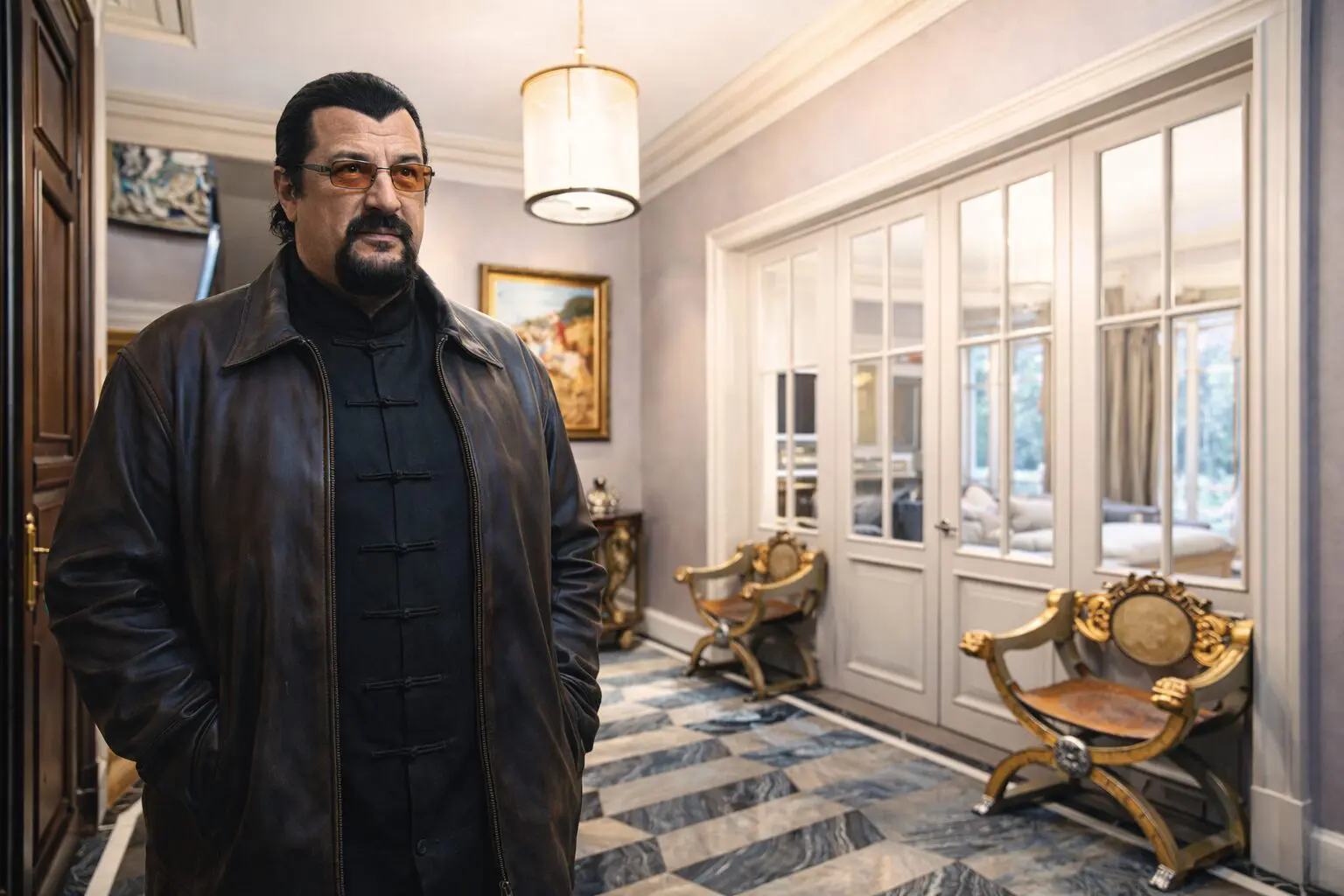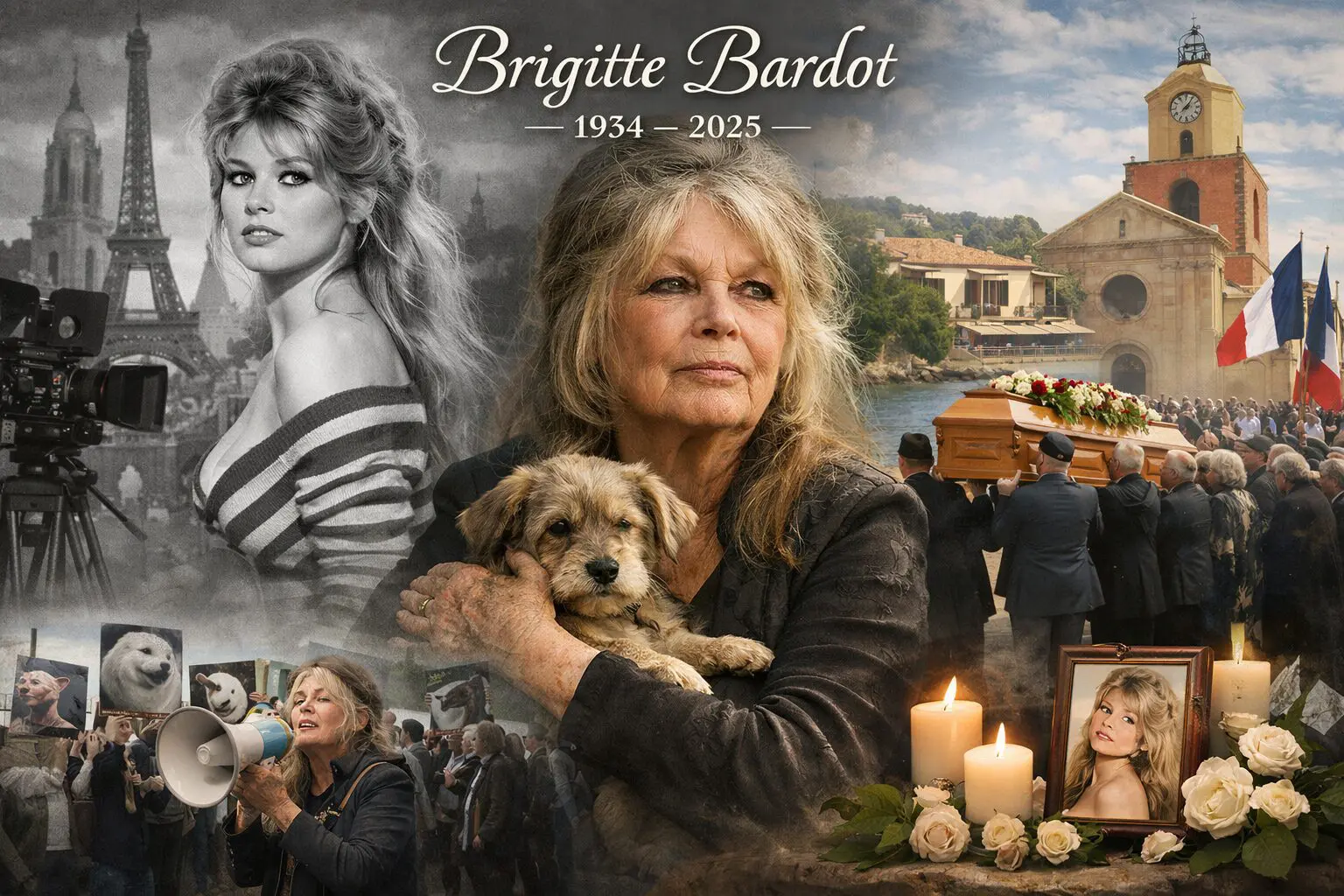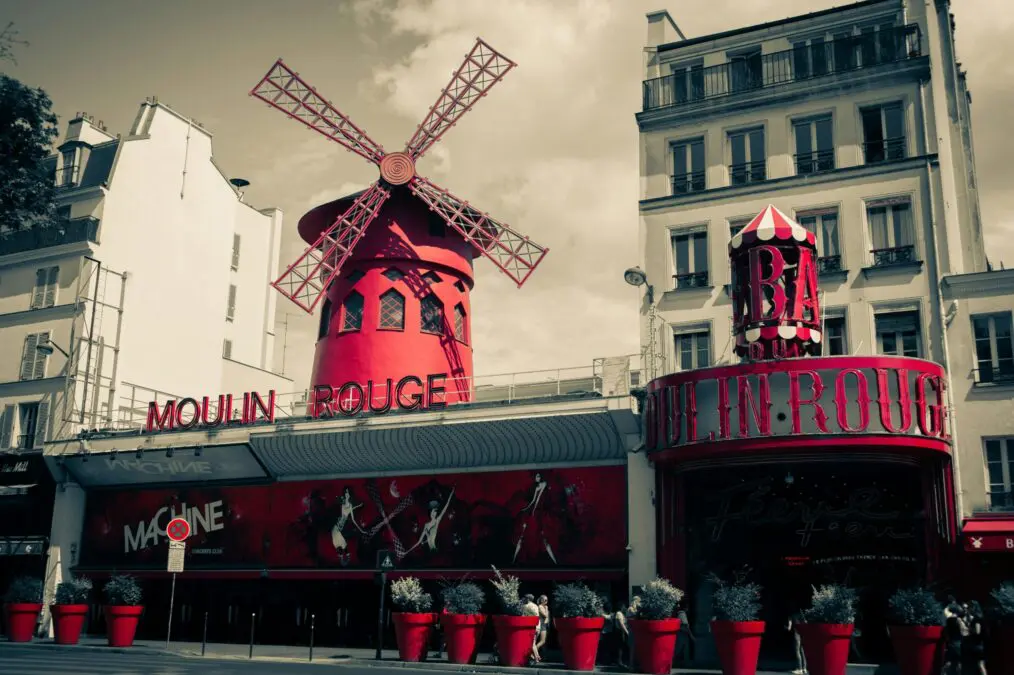400 years since the birth of the great master of the word
On July 8, 1621, exactly 4 centuries ago, Jean de Lafontaine was born. There is no person who has not read a fable of his at least once in his life, but few have read his stories in the style of a la Boccaccio – more than 70 in number, as well as his novel “The Love of Psyche and Cupid” , or the comedies “Eunuch”, “Ragoten” and many more. etc.
Even fewer know that Lafontaine is also the author of the opera’s libretto. The famous philosopher of human morals graduated in theology and law, and began to study literature only after his 37th year.
Too late, according to some, but judging by his achievements as an author, it is obvious that this “lost” time was needed for him to gain not only knowledge, but also life experience.
His writing career began with “Fairy Tales and Novels in Poetry”, and his first fables were collected in the collection “Fables Selected and Transmitted in Poems by Mr. Lafontaine”.
And today, re-reading the fables of Jean de Lafontaine, we find a real guide to morality, in which through the fairy-tale characters of the author we learn a lesson for more than one life situation in which we may find ourselves. Surprisingly, despite the progress of human civilization in every respect, human morality has not changed significantly to this day. This makes Lafontaine’s fables relevant at all times, ie. eternal.
In the modern world, it is unlikely that there will be a reasonable person who would challenge the aphorisms of the great Frenchman, such as “The stronger one in everything is necessary” from the fable “The Wolf and the Lamb”. Human history has confirmed this maxim hundreds of times as true for every age and social system – always “forward” were the strong of the day.
In every historical epoch, the two main antagonistic forces have been the “wolf” people and the “lamb” people. In fact, a rule that stems from the laws of nature, and which humanity has failed to cultivate in its social relations for millennia.
Lafontaine was born in Chateau Thierry, Champagne. This French countryside, in addition to a rich history, is also known for its serene nature and friendly people. Perhaps this is due to Champagne – the champagne that has been produced there since the 17th century, although the locals have been making wine since Roman times. Champagne is, so to speak, “cheerful wine”. His bubbles “hit his nose” just like Lafontaine’s fables, a critic said.
Lafontaine received a solid education, which he enriched with his knowledge of philosophy and his love of reading maxims and fables from the time of Aesop.
The most interesting thing is that this very talented man does not take his work seriously for the rest of his life – he admits that he borrowed ideas from other authors, and judging by the epitaph he writes, he did not expect to receive one. lasting fame ahead of time.
This makes Lafontaine even more sympathetic to his admirers, because it suggests that he himself was undefiled by the greatest human sin, arrogance, and never succumbed foolishly to vanity.







